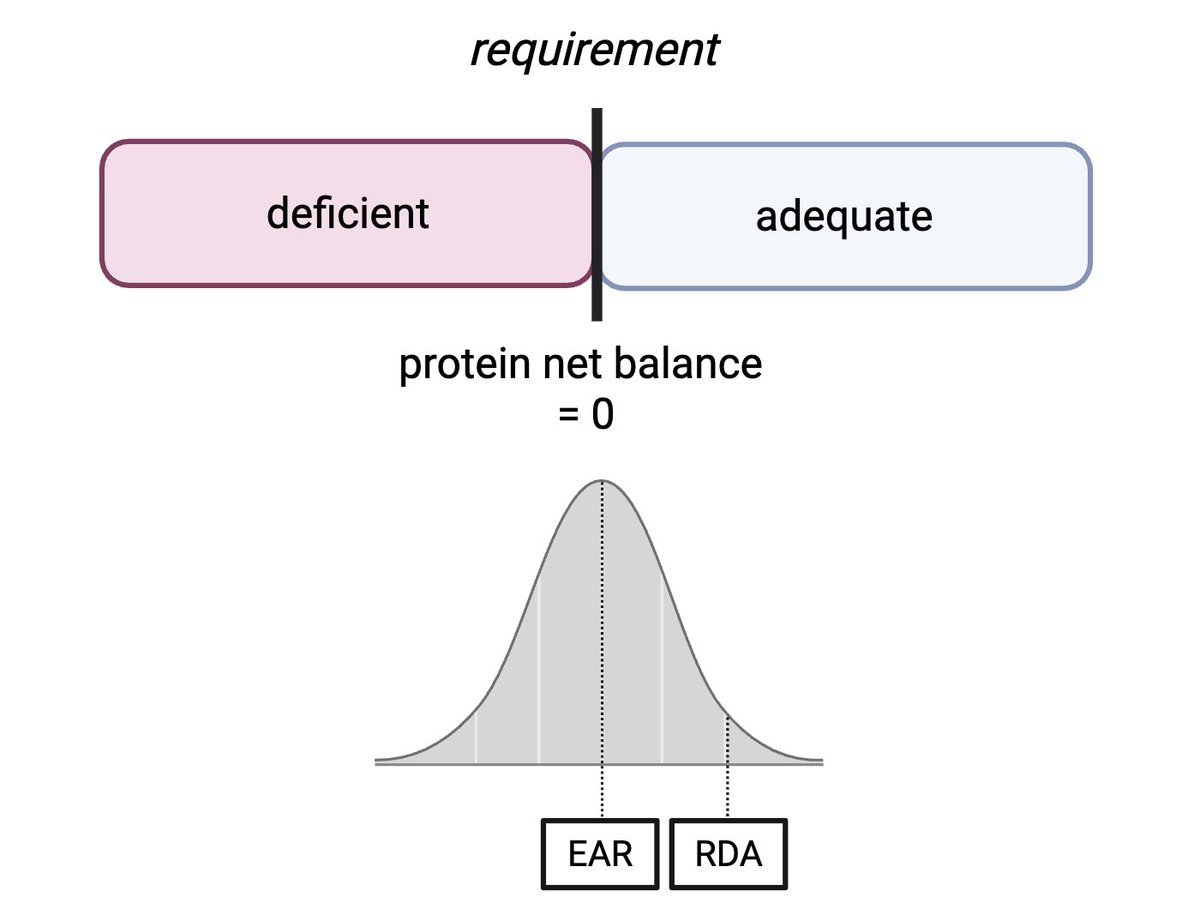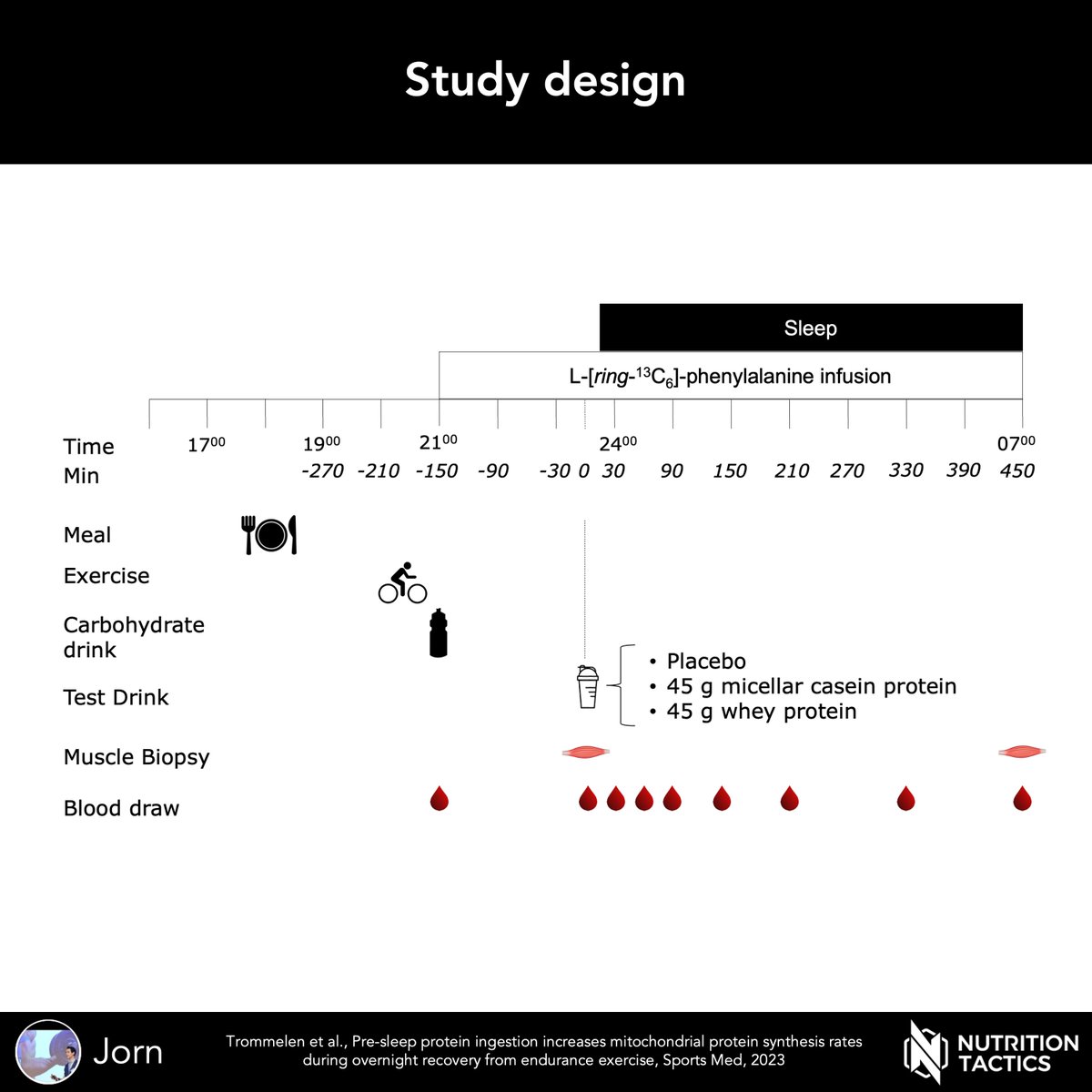Can insufficient sleep increase the chance of developing a common cold?
A thread 🧵👇
#sleep #sick #insomnia
A thread 🧵👇
#sleep #sick #insomnia

Poor sleep is associated with susceptibility to acute infectious illness. In addition, sleep deprivation has been shown to negatively affect immune system functioning. Does this mean that you have a higher chance of getting sick when getting insufficient sleep?
2/
2/

This study investigated whether sleep duration affects the development of the common cold. Sleep duration was objectively measured for 7 days/nights with a sleep watch.
3/
3/

Afterward, subjects were exposed to a virus (rhinovirus 39) to induce a common cold and isolated in a hotel for 6 days to be monitored by the study team.
4/
4/

Subjects with the shortest sleep duration (less than 5 hours) were most likely to develop a common cold after exposure to the virus (45% of subjects in this group).
5/
5/
The incidence of the common cold decreased with increasing sleep duration: 30% for 5-6 hours, 23 % for 6-7 hours, and 17% for more than 7 hours.
6/
6/

Note that these results were statistically corrected for many other factors that are known to affect susceptibility to the common cold such as age, physical activity, and perceived stress.
7/
7/
These findings demonstrate that individuals who sleep more may have a lower risk of getting the common cold. However, the study was observational and cannot prove cause-and-effect.
8/
8/
Ideally, these findings would be confirmed in an intervention study where increasing the sleep duration of an individual decreases their susceptibility to the common cold decreases.
9/
9/
In conclusion, the chance of developing a common cold after exposure to a virus is greater when getting insufficient sleep.
Study:
pubmed.ncbi.nlm.nih.gov/26118561/
Check out our articles:
nutritiontactics.com/article-index/
10/10
Study:
pubmed.ncbi.nlm.nih.gov/26118561/
Check out our articles:
nutritiontactics.com/article-index/
10/10

• • •
Missing some Tweet in this thread? You can try to
force a refresh





















